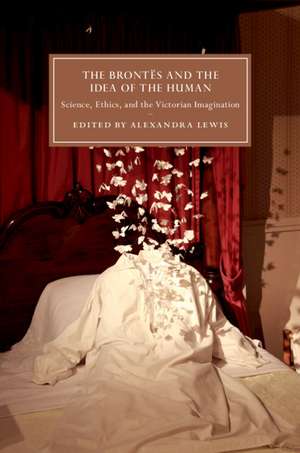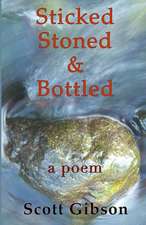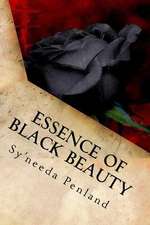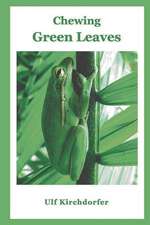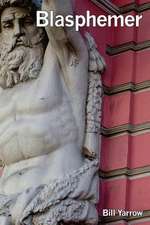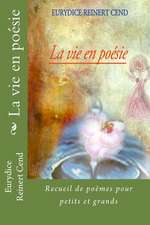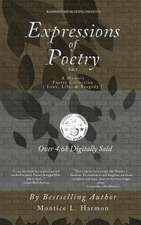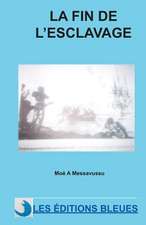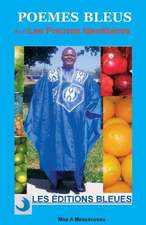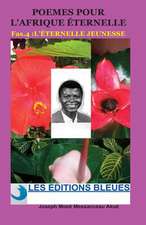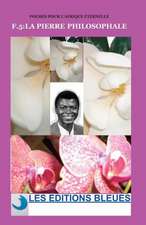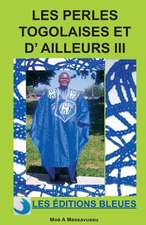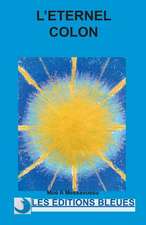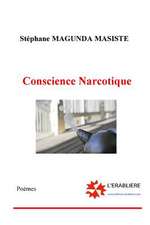The Brontës and the Idea of the Human: Science, Ethics, and the Victorian Imagination: Cambridge Studies in Nineteenth-Century Literature and Culture, cartea 115
Editat de Alexandra Lewisen Limba Engleză Hardback – 15 mai 2019
| Toate formatele și edițiile | Preț | Express |
|---|---|---|
| Paperback (1) | 238.02 lei 6-8 săpt. | |
| Cambridge University Press – 17 mar 2021 | 238.02 lei 6-8 săpt. | |
| Hardback (1) | 696.80 lei 6-8 săpt. | |
| Cambridge University Press – 15 mai 2019 | 696.80 lei 6-8 săpt. |
Din seria Cambridge Studies in Nineteenth-Century Literature and Culture
-
 Preț: 176.74 lei
Preț: 176.74 lei -
 Preț: 177.52 lei
Preț: 177.52 lei -
 Preț: 236.96 lei
Preț: 236.96 lei -
 Preț: 294.81 lei
Preț: 294.81 lei - 9%
 Preț: 627.22 lei
Preț: 627.22 lei - 19%
 Preț: 608.35 lei
Preț: 608.35 lei -
 Preț: 236.78 lei
Preț: 236.78 lei -
 Preț: 447.30 lei
Preț: 447.30 lei - 8%
 Preț: 530.42 lei
Preț: 530.42 lei - 9%
 Preț: 593.58 lei
Preț: 593.58 lei -
 Preț: 237.41 lei
Preț: 237.41 lei - 9%
 Preț: 627.52 lei
Preț: 627.52 lei -
 Preț: 201.59 lei
Preț: 201.59 lei - 11%
 Preț: 697.89 lei
Preț: 697.89 lei - 11%
 Preț: 580.30 lei
Preț: 580.30 lei -
 Preț: 287.28 lei
Preț: 287.28 lei - 9%
 Preț: 592.33 lei
Preț: 592.33 lei - 11%
 Preț: 641.67 lei
Preț: 641.67 lei - 5%
 Preț: 681.46 lei
Preț: 681.46 lei -
 Preț: 202.74 lei
Preț: 202.74 lei - 11%
 Preț: 642.48 lei
Preț: 642.48 lei - 11%
 Preț: 694.58 lei
Preț: 694.58 lei - 11%
 Preț: 584.77 lei
Preț: 584.77 lei - 11%
 Preț: 582.20 lei
Preț: 582.20 lei -
 Preț: 286.42 lei
Preț: 286.42 lei -
 Preț: 317.11 lei
Preț: 317.11 lei -
 Preț: 283.63 lei
Preț: 283.63 lei -
 Preț: 283.03 lei
Preț: 283.03 lei -
 Preț: 296.72 lei
Preț: 296.72 lei -
 Preț: 353.48 lei
Preț: 353.48 lei -
 Preț: 290.16 lei
Preț: 290.16 lei -
 Preț: 286.69 lei
Preț: 286.69 lei -
 Preț: 282.65 lei
Preț: 282.65 lei -
 Preț: 285.54 lei
Preț: 285.54 lei -
 Preț: 326.39 lei
Preț: 326.39 lei - 11%
 Preț: 697.28 lei
Preț: 697.28 lei
Preț: 696.80 lei
Preț vechi: 782.92 lei
-11% Nou
Puncte Express: 1045
Preț estimativ în valută:
133.33€ • 145.29$ • 112.35£
133.33€ • 145.29$ • 112.35£
Carte tipărită la comandă
Livrare economică 23 aprilie-07 mai
Preluare comenzi: 021 569.72.76
Specificații
ISBN-13: 9781107154810
ISBN-10: 1107154812
Pagini: 310
Dimensiuni: 158 x 235 x 18 mm
Greutate: 0.59 kg
Editura: Cambridge University Press
Colecția Cambridge University Press
Seria Cambridge Studies in Nineteenth-Century Literature and Culture
Locul publicării:New York, United States
ISBN-10: 1107154812
Pagini: 310
Dimensiuni: 158 x 235 x 18 mm
Greutate: 0.59 kg
Editura: Cambridge University Press
Colecția Cambridge University Press
Seria Cambridge Studies in Nineteenth-Century Literature and Culture
Locul publicării:New York, United States
Cuprins
Introduction: human subjects: reimagining the Brontës for twenty-first-century scholarship Alexandra Lewis; 1. Hanging, crushing, and shooting: animals, violence and child-rearing in Brontë fiction Sally Shuttleworth; 2. Learning to imagine Dinah Birch; 3. Charlotte Brontë and the science of the imagination Janis McLarren Caldwell; 4. Being human: de-gendering mental anxiety; or hysteria, hypochondriasis, and traumatic memory in Charlotte Brontë's Villette Alexandra Lewis; 5. Charlotte Brontë and the listening reader Helen Groth; 6. Burning art and political resistance: Anne Brontë's radical imaginary of wives, slaves, and animals in The Tenant of Wildfell Hall Deborah Denenholz Morse; 7. Degraded nature: Wuthering Heights and the last poems of Emily Brontë Helen Small; 8. 'Angels … recognize our innocence': on theology and 'human rights' in the fiction of the Brontës Jan-Melissa Schramm; 9. 'A strange change approaching': ontology, reconciliation, and eschatology in Wuthering Heights Simon Marsden; 10. 'Surely some oracle has been with me': women's prophecy and ethical rebuke in poems by Charlotte, Emily and Anne Brontë Rebecca Styler; 11. Jane Eyre, a teaching experiment Isobel Armstrong; 12. Fiction as critique: postcripts to Jane Eyre and Villette Barbara Hardy; 13. We are three sisters: the lives of the Brontës as a Chekhovian play Blake Morrison.
Recenzii
'This collection of 13 essays offers interdisciplinary perspectives on the Brontës, especially Charlotte … The present volume's close readings of the Brontës' novels lead to fresh insights … Recommended.' S. A. Parker, Choice
'Alexandra Lewis's edited collection, The Brontës and the Idea of the Human: Science, Ethics, and the Victorian Imagination, expands this focus from the cultural to the universal.' Lydia Craig, British Association for Victorian Studies Newsletter
'Alexandra Lewis's edited collection, The Brontës and the Idea of the Human: Science, Ethics, and the Victorian Imagination, expands this focus from the cultural to the universal.' Lydia Craig, British Association for Victorian Studies Newsletter
Descriere
Investigates the idea of the human within Brontë sisters' work, offering new insight on their writing and cultural contexts.
